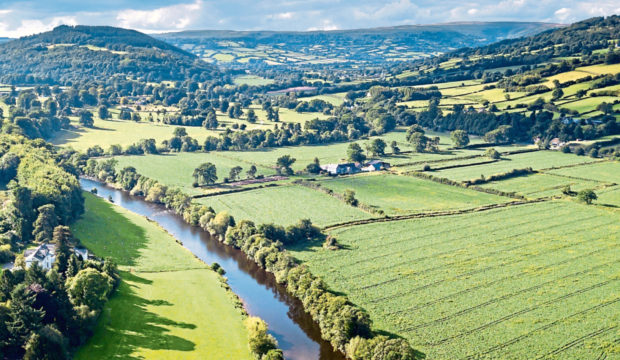T he coronavirus pandemic has been the catalyst for many to turn their thoughts to reviewing their wills and considering succession planning for their business.
This will inevitably include considering the inheritance tax position on their assets.
At present, most farming businesses will be able to apply agricultural property relief and business property relief to reduce or eliminate any inheritance tax liability on their death.
However, inheritance tax legislation has been under review and one of the review’s aims is to simplify the tax.
While making it simpler may help taxpayers administer their tax returns, etc, it may also mean increasing the tax charge for many.
The proposals include aligning the qualification for business property relief with the qualifications applying for capital gains tax. Currently, a farm or estate which includes rental properties such as cottages, wind turbines, etc may qualify for 100% business property relief against inheritance tax but would not wholly qualify for capital gains tax reliefs.
The proposal is to align the qualification criteria and it is more likely to move the inheritance tax relief in line with capital gains tax relief as that would give rise to more tax payable.
Another of the proposals affects how an asset transfers to the next generation on death.
The current position is that when someone dies, the beneficiaries of their will inherit the asset at current market value.
That makes it possible to inherit an asset such as farmland, pay no inheritance tax due to reliefs available, and then sell at market value without having any capital gains tax arising on that sale.
This can therefore be a very valuable relief to those planning to sell assets.
However, it can result in the owners holding on to assets till death which can be to the ongoing detriment of the development of the business by the next generation.
Following on from these tax reform proposals, MPs have also prepared a report on inheritance tax.
This parliamentary group report has taken things further.
They agree with removing the uplift of value on death but have suggested removing agricultural property relief and business property relief. They also would bring back an inheritance tax charge on pension funds and introduce an annual charge on trusts.
Instead of these reliefs and exemptions they have put forward a reduced level of tax charge, 10% or 20% compared to the current 40%.
Gifts made during life would be taxed at 10% where currently they are potentially exempt from inheritance tax. There would also be changes to the levels of gifts that can be made before the tax applies and changes to “gift with reservation of benefit” rules.
As in any change to taxation, there may be some taxpayers who can benefit from changes in legislation as well as those who could be adversely affected.
Reform of inheritance tax and the associated reliefs have been discussed for many years without too many major changes arising that have affected farmers and landowners and the budget in spring this year did not mention any of these proposals even though they were raised in 2019.
However, government finances have altered hugely in the past 12 weeks and lost tax revenues will have to be replaced at some point and inheritance tax may make up a small part of that.
Robin Dandie is a partner and head of agriculture at Johnston Carmichael.










